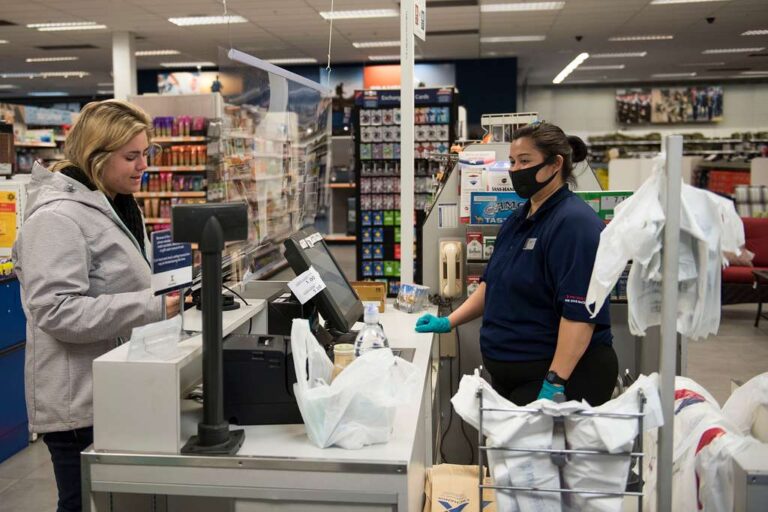Alexander W. Miller is a student at Harvard Law School.
Today France votes in the runoff round of its presidential election, with potentially catastrophic consequences for the European Union and labor mobility within the continent. Recent public opinion polls show an upset by Marine Le Pen to be unlikely, and coverage of the vote has shifted toward potential economic consequences. The Economist and Bret Stephens at the New York Times both endorse Emmanuel Macron’s plans to loosen notoriously strict French labor regulations with the goal of increasing employment and growth, and note that fears of terrorism and the xenophobic tone of his opponent Marine Le Pen may actually not be key issues at the polls.
Though Republican senators have suggested that the version of the American Health Care Act passed by the House on Thursday has little chance of making it to President Trump’s desk, commentators have begun looking at how a substantial reduction in the number of insured Americans could affect health care workers and the broader economy.
The New York Times looks in depth this morning at the consequences for workers of Puerto Rico’s continued financial instability, which resulted in the government filing for a modified form of bankruptcy protection on Wednesday. Public sector workers fear additional pay cuts as part of any restructuring of the island’s debt, and the economic slowdown has also lead to private salaries dropping. At the same time, fees for basic services and taxes have increased as the government tries to begin paying down its debts and those of the major public utilities.
Reuters covers automaker Tesla’s recent outreach to Mexican engineers as it seeks to increase by more than 600% the manufacturing capacity at its Fremont, California plant. The outreach abroad highlights the difficulties American firms face in recruiting qualified candidates for engineering specialities, and the quandary those employers may confront if the Trump administration follows through with its professed desire to restrict visas for foreign technology talent.
On Friday, the government released new employment data revealing that nearly one fifth of all Americans over 65 still work, the highest rate in more than a half century. Though analysts credit some of this increase to improving health and the country’s changing demographics, others note that many older workers simply cannot afford to retire. Recent Republican efforts to prevent states from experimenting with ways to increase the number of workers saving for retirement threaten to push that number even higher.






Daily News & Commentary
Start your day with our roundup of the latest labor developments. See all
October 29
9th Circuit rejects challenge to NLRB's constitutional structure; preemption challenges to state labor peace statutes
October 28
Two federal unions oppose CBA cancellations, another federal union urges Democrats to end the government shut down, and Paramount plans for mass layoffs
October 27
GM and Rivian announce layoffs; Boeing workers reject contract offer.
October 26
California labor unions back Proposition 50; Harvard University officials challenge a union rally; and workers at Boeing prepare to vote on the company’s fifth contract proposal.
October 24
Amazon Labor Union intervenes in NYS PERB lawsuit; a union engages in shareholder activism; and Meta lays off hundreds of risk auditing workers.
October 23
Ninth Circuit reaffirms Thryv remedies; unions oppose Elon Musk pay package; more federal workers protected from shutdown-related layoffs.